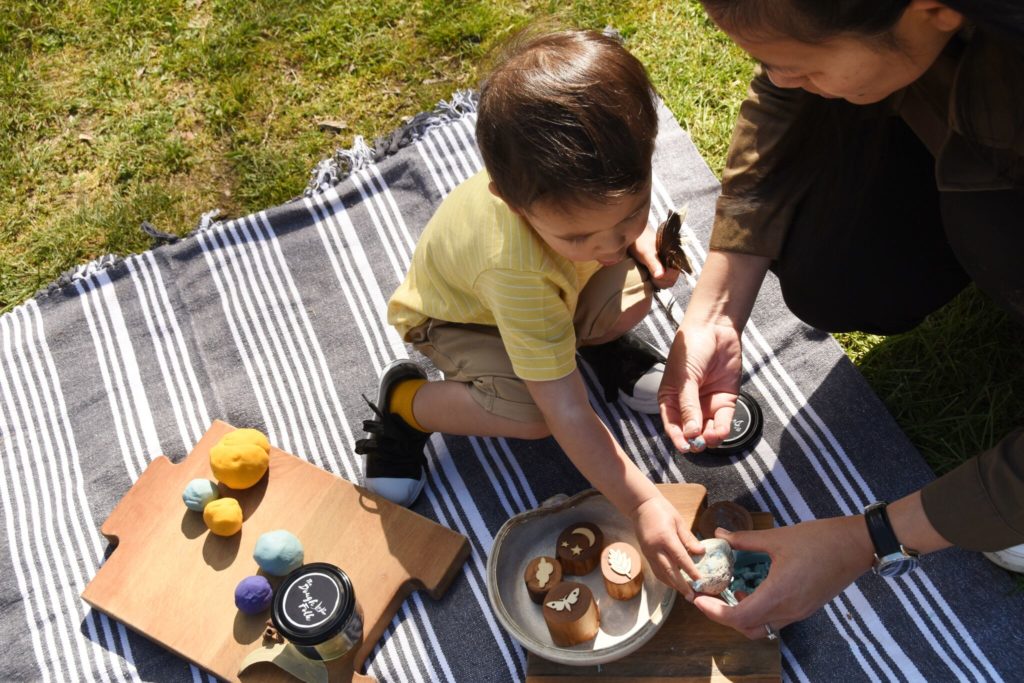On Monday 24 February, a list noting the names and locations of early childhood services that breached minimum standards in 2019 was published by the Ministry of Education. While it’s disheartening to see an increase in ECE services that have breached minimum standards across the country (and across all different ECE service types), what is perhaps more disheartening is the fact that the incredible daily practice of a group of committed, passionate and experienced educators and kaiako is overshadowed by breaches made by a minority. What has also become clear in the wake of the list being released is that the home-based service type has been unfairly targeted.
Headlines such as “one in nine home-based childcare services broke the rules” marginalise a service type that makes up less than 10% of early learning provision in New Zealand when the issue of breaching minimum standards is sector-wide, not just limited to home-based. The focus on breaches, while important in terms of supporting a planned approach to sector recruitment, training and support, also puts a ‘red mark’ on those working in the sector and achieving great things. Educators and Kaiako get into early childhood education to make a difference, to champion high quality outcomes, to share passion and to nurture and love our tiniest citizens. In a sector that has been undervalued and misunderstood for decades, this latest media release is hard to stomach.
As a new home-based early learning provider, we’ve had the opportunity to meet with many educators and Kaiako working from home, observing them in action with children. What we see are high quality learning opportunities and outcomes for children and a relationship-based focus that meets the needs of their families and communities in a way that no other early learning service can. Those who are a part of the home-based early learning sector, both educators and families, are fierce advocates for the opportunities that learning at home provides for our children. It embraces traditional values around how we raise our babies, allowing them to learn and grow at their own pace with low ratios of care, nurturing environments and one on one relationships. It offers flexibility, comfort and a home away from home to the families who use it, with educators self-chosen by families to become an extension of their support network and, indeed, their ‘village’.
As the Government’s Early Learning Strategic Plan takes effect, all home-based educators will be required to meet minimum qualification standards and providers will be required to increase the focus on educator recruitment, training and support. It’s important to note that many educators and providers are already meeting, and well exceeding, these standards by offering children and their families the best possible education and care experiences. It’s also important to note that ‘teacher-led’ services across the whole sector are defined as services that have 50% or more qualified teachers. The issue of an untrained workforce is not only prevalent in home-based services, it transcends into all centre-based services too.
So, as we analyse ‘the list’ of providers who have breached minimum standards in the past year, it’s important to take learning and prioritise action sector-wide that supports a more consistent approach to high quality early learning. Of course, we can and should do better across the board. But let’s also take a moment to acknowledge the educators and kaiako who showcase all that is great about our sector. The educators who offer their communities flexible, accessible, loving and natural home-based care environments. The ones who love their care children like they are their own and who deliver programmes rich in play and learning. These educators are valued beyond words by the families who choose them to care for their children, and it’s not fair to marginalise them based on a deeply held philosophy that means they choose to work from home. Instead, it’s time for them to be celebrated for the difference that they are making in the lives of our children and for the unique and diverse community needs that they meet.

